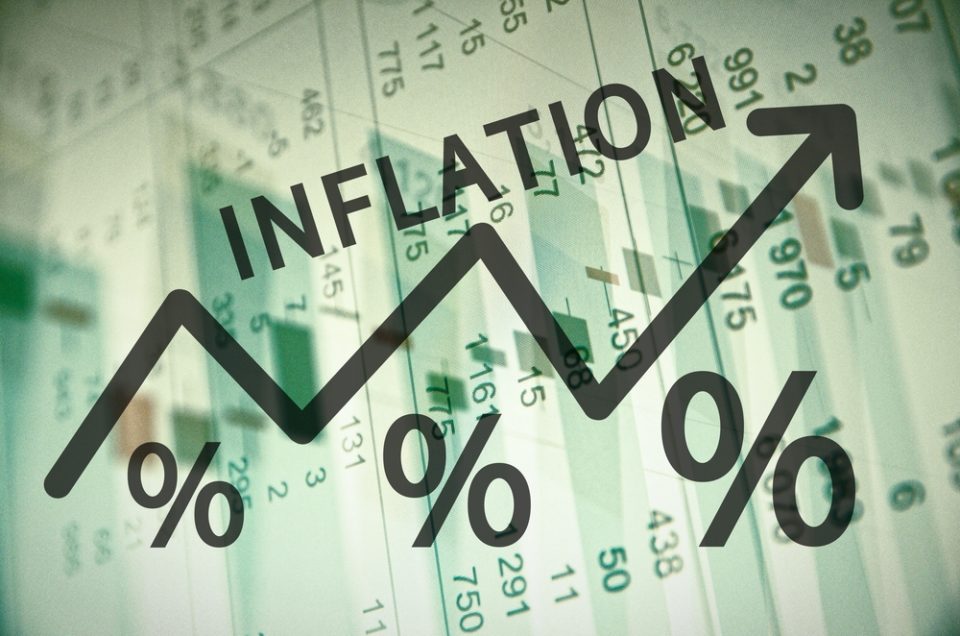
What you Need to Know About Nigeria’s 2024 Half-year Inflation Report
By Zekeri Laruba Idakwo
Nigeria’s inflation rate has skyrocketed to a staggering 34.19% in June 2024, marking the highest reading since March 1996. This alarming surge is likened to a wildfire, spreading rapidly and leaving a trail of economic devastation in its wake.
Just as a wildfire disrupts ecosystems, inflation disrupts purchasing power, eroding the value of money and affecting everyday life.
The country’s inflation rate has been on a steep upward trajectory in the first half of 2024, escalating at a geometric progression that has left citizens struggling to cope. The year-on-year increases according to the National Bureau of Statistics’ (NBS) recent report are:
– 29.90% in January
– 31.70% in February (1.8% increase from January)
– 33.20% in March (1.5% increase from February)
– 33.69% in April (0.49% increase from March)
– 33.95% in May (0.26% increase from April)
– 34.19% in June (0.24% increase from May)
Factors such as rising fuel prices, removal of subsidies, and currency weakness have fueled this economic blaze.
Food inflation, which accounts for the bulk of Nigeria’s inflation basket, has soared to a record high of 40.66% in May, driven by increase in potatoes, fish, and meat prices. Other categories like housing, utilities, clothing, and transportation have also contributed to the flames.
The annual core inflation rate, excluding farm produce and energy, has reached a new peak of 27.04%1.
This unrelenting surge in inflation has resulted in a cumulative effect, leading to a significant decline in the purchasing power of Nigerians. As prices continue to soar, the country’s citizens are finding it increasingly difficult to make ends meet, and their economic well-being is slowly fading away.
